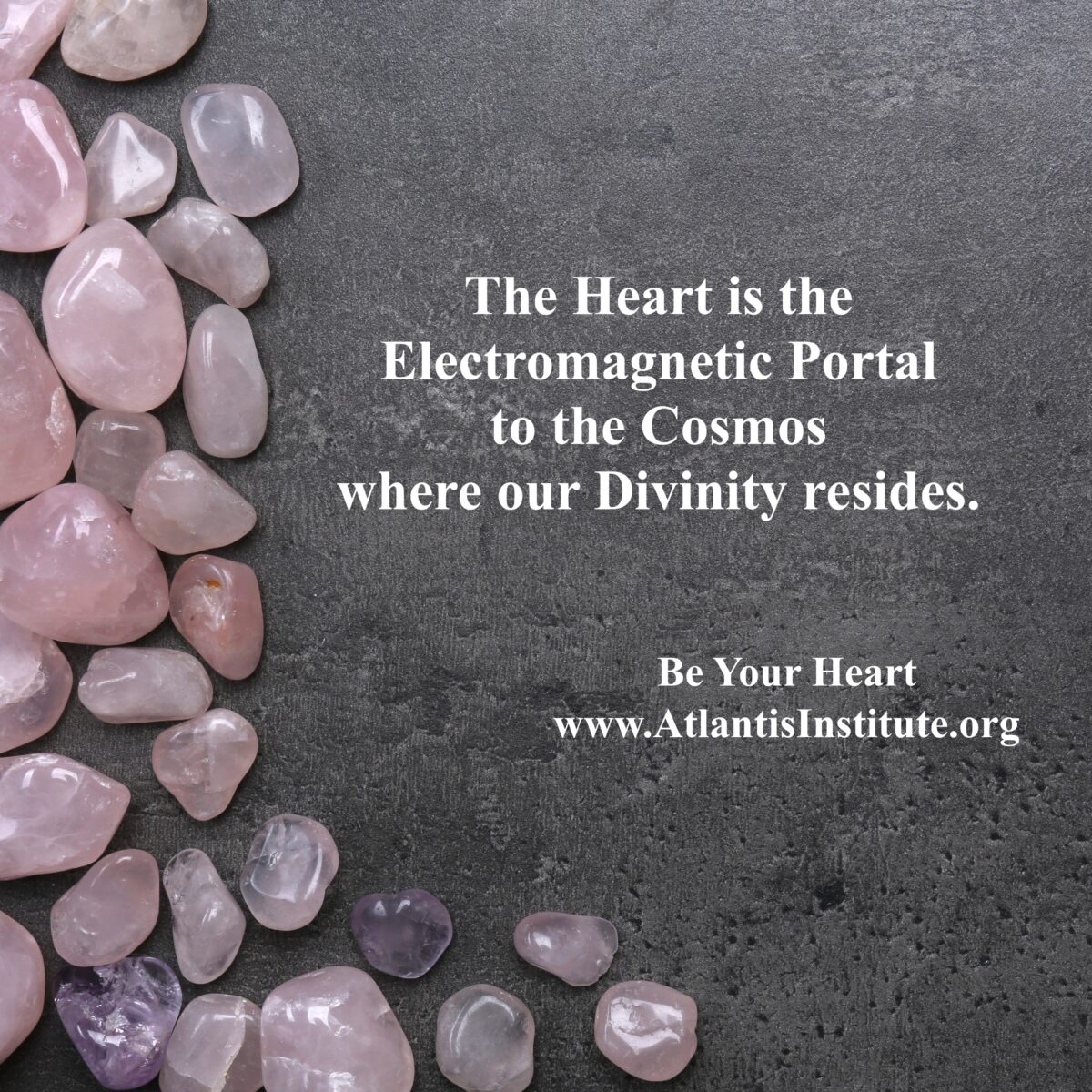Forgiveness
We all carry experiences or stories within us, these are experiences of joy, happiness, love, and achievement, but also stories of betrayal, grief, abuse and loss. Some of these more painful stories become etched into every cell of our being, impossible to let go of. They are constant, day and night and over time we learn to live with that pain.
But these memories replay in our minds, and when they do, they activate the emotions associated with memory, and sometimes, we subconsciously cling to those memories and emotions in a belief that they define who we are.
But when we hold onto past pain, and we remember those memories, we don’t just remember it - we live in it, we experience the emotion, the trauma, over and over. We become busy living in yesterday, while our today passes us by, unnoticed and unlived.
So why do we cling to pain, and what is the cost of not letting go?
Why We Hold Onto Pain
Many people don’t understand the concept of holding onto pain. It seems illogical and irrational to want to hold onto something that creates so much pain for us. Yet for many, letting go, feels even more frightening than holding on.
Pain becomes part of our identity. If we have carried a wound for a long time, it can feel like it defines us. Who am I, if I am not the person who was abused, abandoned, betrayed, bullied, wronged, or hurt? Holding onto our pain can feel like a suit of protection. If I never allow myself to forget, I will never be hurt again.
We consciously long for closure. Sometimes we wait for an apology from those who harmed us, sometimes we want revenge, sometimes we hope for an explanation, sometimes we are desperate for justice. But most times, there won’t be an apology, an explanation, or justice, and revenge seems like a sweet solution. Its not. On some level, holding pain feels safer than loosening our grip. But safety has a price.On some level, holding pain feels safer than loosening our grip. But safety has a price.
The Cost of Holding On
As we hold tightly onto our past, wearing our past like a badge of honour or shame. The consequences to our present, the cost to the quality of our life, is devastating. The emotional weight becomes exhausting. Carrying resentment, regret, sham,e or grief drains us of joy and peace.
We limit our growth. As our past replays over and over, and the same emotions rise, we cease to be able to learn – and therefore become stuck. We circle in the same story, never writing the next chapter. Relationships suffer. Old wounds always spill into present connections. A partner, a friend, even a child, may feel the shadow of our pain that had nothing to do with them.
The present slips away. Life becomes less about living and more about surviving each day. Some people call themselves survivors, yes, they are survivors, who relive their trauma over and over, some join groups of other like-minded survivors who all together relive over and over their trauma, supporting each other in the trauma, instead of letting it go. Forgiveness in the pathway to growth. Not survival groups.
When we hold onto the past, irrespective of our desires or beliefs, we become imprisoned by our past. We arrive at a time in our lives when our subconscious mind demands that we make a choice: Forgive – Let Go OR Suffer until we do.
Steps Toward Release
Letting go is a journey, not a single act. It takes time and willingness, to reconcile with the past. It requires great courage, and even greater gentleness. Here are some first steps:
- Awareness. Begin by noticing what exactly we are still holding onto. Is it anger? Shame? Regret? Naming the pain is the first step in loosening its hold.
- Reframe. Instead of asking, “Why did this happen to me?” or “Why did I allow that happen?” shift to, “What have I learned by those actions?” This does not excuse what happened but transforms it into wisdom.
- Self-compassion. Forgive yourself – no matter whether we were the perpetrators or the victim, allow forgiveness settle within every cell of the body - forgiving the choices we made, forgiveness for the times we did not know better, or for simply being human.
- Closure rituals. Sometimes we need a symbolic act to release pain: journaling, writing a letter never sent, or a small ritual of letting go.
- Replace the pain. Create space for something new. Pour your energy into creativity, purpose, or relationships that uplift you. When our hands are no longer clenched around the old wound, they are free to hold something better.
Letting go is a journey, not a single act. It takes time and willingness to reconcile with the past. It requires great courage and even greater gentleness. Here are some first steps:
Awareness. Begin by noticing what exactly we are still holding onto. Is it anger? Shame? Regret? Naming the pain is the first step in loosening its hold.
Reframe. Instead of asking, “Why did this happen to me?” or “Why did I allow that to happen?” shift to, “What have I learned by those actions?” This does not excuse what happened, but transforms it into wisdom.
Self-compassion. Forgive yourself – no matter whether we were the perpetrators or the victim, allow forgiveness to settle within every cell of the body - forgiving the choices we made, forgiveness for the times we did not know better, or for simply being human.
Closure rituals. Sometimes we need a symbolic act to release pain: journaling, writing a letter never sent, or a small ritual of letting go.
Replace the pain. Create space for something new. Pour your energy into creativity, purpose, or relationships that uplift you. When our hands are no longer clenched around the old wound, they are free to hold something better.
Moving From Survival to Living
The human existence is filled with pain and joy. Both are inevitable, as we cannot know joy without pain and vice versa. It is part of the human story. But suffering, especially prolonged suffering from the past, is often a choice, a choice we will often deny. We cannot rewrite what happened yesterday, but we can choose whether to carry it with us today.
When we stop clutching the pain of the past, something beautiful happens. We begin to live again. Our hearts soften, our vision clears, and we can finally step into the present with open hands and open eyes.
Each of us must ask: What am I still carrying that no longer serves me?
The truth is, the past does not disappear when we release it - it becomes part of the tapestry of who we are. We cannot be the person of today, without being the person of yesterday, combined with all the joy and sorry and pain belong to yesterday. But when we allow the past to live where it is supposed to live, it no longer weighs us down. Instead, it can stand as a quiet teacher, a reminder of how far we’ve come.
And when we choose to let go, we discover something amazing, we realise our courageous we are, we become to know that our experiences have not been trapped in our old wounds. But instead, it has made us who we are today and it is still unfolding, here and now, in the present moment.
Forgiveness is the path to growth.
Forgiveness Ritual
Write a letter, from your adult perspective, with all the wisdom you have acquired (not to be sent) addressed to the person you feel has harmed you. You can name them or not, acknowledging truths, naming pain, and accepting accountability for your role in your own suffering and telling them how you want to, but struggling to forgive them.
Then, allow yourself a day or so and write another letter from the child you once were, writing from the child's perspective, the child within who is in pain and suffering because of what has happened.
After you have written both letters, find a safe space to burn some candles (Tea Lights), place seven or nine tea lights on a metal tray, and make sure you place the tray somewhere where the heat of the tray won't damage where the tray is placed (it gets hot). As you light the candles, say the following: “I now invoke the Light of God within, I am a clear and perfect channel, Light is my God”. I AM grateful for the lessons of my past, I AM grateful for how I am awakening, I AM grateful for my joyous future ahead.
Tear each letter into small pieces, and piece by piece drop them onto the candles and watch each piece burn, and as it burns, it dissolves the pain and suffering. When all the pieces are burned, pay attention to any of the pieces that have not burned or are partially burned. Don’t try to burn them, just gently extinguish the flame and lift the unburned pieces. These will give you a clue as to the parts of forgiveness that require further healing.
Close the ritual with: I AM (your name), I AM grateful, I thank the Universal Light for ALL that I AM. By David P. Ellis


















